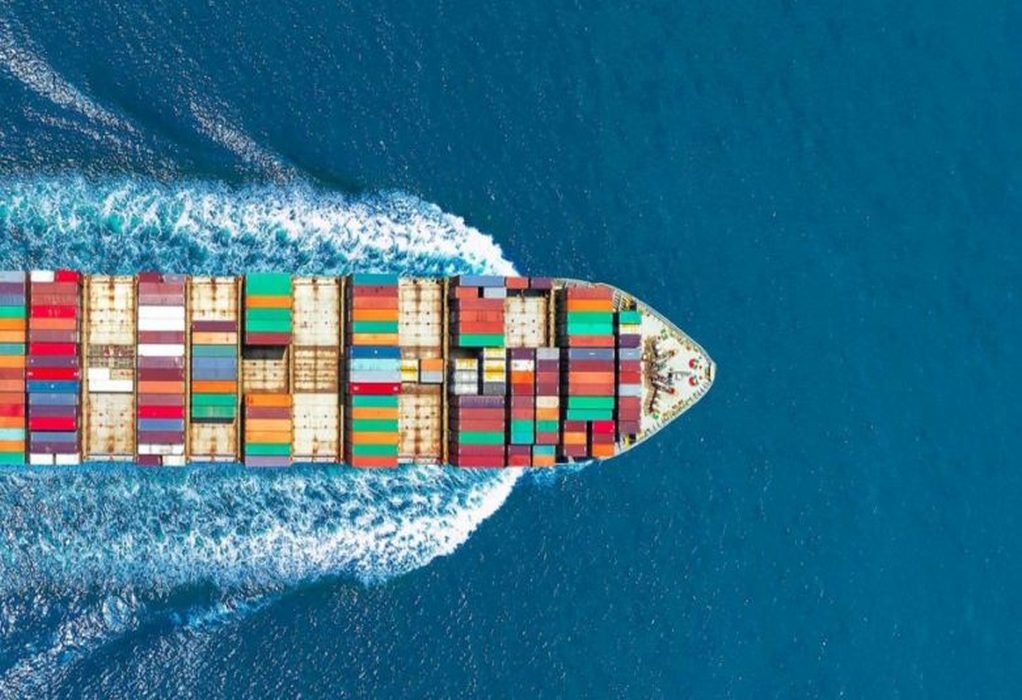More renewable and low-carbon fuels will reduce the carbon footprint of the maritime sector in the EU following the adoption of the FuelEU Maritime initiative by the EU Council.
The main objective of the FuelEU maritime initiative, as a key part of the EU’s Fit for 55 package, is to increase the demand for and consistent use of renewable and low-carbon fuels and reduce the greenhouse gas emissions from the shipping sector, while ensuring the smooth operation of maritime traffic and avoiding distortions in the internal market.
The new legislation aims to put maritime transport on the trajectory of the EU’s climate targets for 2030 and 2050 and should play a fundamental role in delivering on the European climate law.
The new regulation contains the following main provisions:
• Measures to ensure that the greenhouse gas intensity of fuels used by the shipping sector will gradually decrease over time, by 2% in 2025 to as much as 80% by 2050
• A special incentive regime to support the uptake of the so-called renewable fuels of non-biological origin with a high decarbonisation potential
• An exclusion of fossil fuels from the regulation’s certification process
• An obligation for passenger ships and containers to use onshore power supply for all electricity needs while moored at the quayside in major EU ports as of 2030, with a view to mitigating air pollution in ports, which are often close to densely populated areas
• A voluntary pooling mechanism, under which ships will be allowed to pool their compliance balance with one or more other ships, with the pool, as a whole, having to meet the greenhouse gas intensity limits on average
• Time limited exceptions for the specific treatment of the outermost regions, small islands, and areas economically highly dependent on their connectivity
• Revenues generated from the regulation’s implementation (FuelEU penalties) should be used for projects in support of the maritime sector’s decarbonisation with an enhanced transparency mechanism
• Monitoring of the regulation’s implementation through the EU Commission’s reporting and review process.
Following the formal adoption by the Council, the new regulation will be published in the EU’s official journal after the summer and will enter into force the 20th day after this publication. The new rules will apply from January 1, 2025, apart from articles 8 and 9 which will apply from August 31, 2024.
Tags: eu, Fit for 55, FuelEU, Legislation, Marine, Shipping



Recent Posts
Port of Brisbane Unveils Vision 2060 to Drive Smarter, Cleaner, and More Connected Future
Wärtsilä to Deliver Hybrid Propulsion Systems for Vertom Group’s New Low-Emission Vessels
Latvian port receives electric Konecranes Gottwald Mobile Harbor Crane
Sustainable Ocean Economy Vital for Human Development, Says UNDP at UN Ocean Conference
Green Hydrogen Costs in India Could Drop by 40%, Says IEEFA-JMK Report
Cavotec Secures €1.55 Million Shore Power Contract for Port of Antwerp-Bruges
APM Terminals and SANY Marine sign landmark agreement to accelerate decarbonisation
The Port of Gothenburg takes big step towards shore power connection for container and car/RoRo vessels